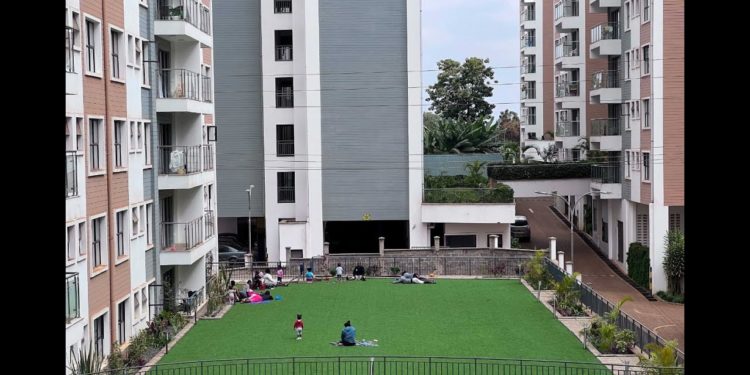In a bid to address Kenya’s housing crisis, the government under President William Ruto’s leadership announced an ambitious plan to construct 250,000 affordable housing units annually, aiming to deliver 1.3 million units by 2027. Meanwhile, private real estate companies like Username Investment Ltd are taking a different approach, focusing not just on affordable housing but also on creating sustainable communities. Recently, Username Investment Ltd launched “Nawiri Pamoja,” an event encouraging investors to form communities within their projects. This innovative approach raises an essential question: should the government shift its focus from just constructing houses to building sustainable communities?
Affordable Housing vs. Sustainable Communities:
The government’s plan aims to provide affordable housing units to millions of Kenyans. However, Username Investment Ltd.’s approach suggests a deeper consideration of community building. While affordable housing addresses a fundamental need, the creation of communities ensures that these houses become homes, fostering a sense of belonging, security, and shared responsibility among residents.
Read more: Nakuru County Government’ Ambitious Plan to Construct 50,000 Affordable Housing Units
Private Sector Insights:
Private companies like Username Investment Ltd. have recognized the importance of not only constructing houses but also nurturing vibrant, self-sustaining communities. By encouraging investors to form associations and appoint estate leaders, these companies are promoting social cohesion and shared governance, which are vital aspects of any thriving community.
Government’s Path Forward:
The government can draw valuable lessons from private sector innovations. By integrating community-building elements into its housing projects, such as shared spaces, communal facilities, and community-led initiatives, the government can foster environments where families thrive beyond just affordable roofs over their heads. Emphasizing community engagement and participation can lead to long-term social and economic benefits, transforming houses into vibrant, sustainable communities.
While the government’s affordable housing initiative is a crucial step, focusing on building sustainable communities can elevate its efforts. Learning from private sector innovations, especially in community involvement and shared governance, can ensure that the housing projects not only meet immediate needs but also contribute significantly to Kenya’s social fabric, creating places where families flourish, dreams are nurtured, and a true sense of belonging is cultivated.


















